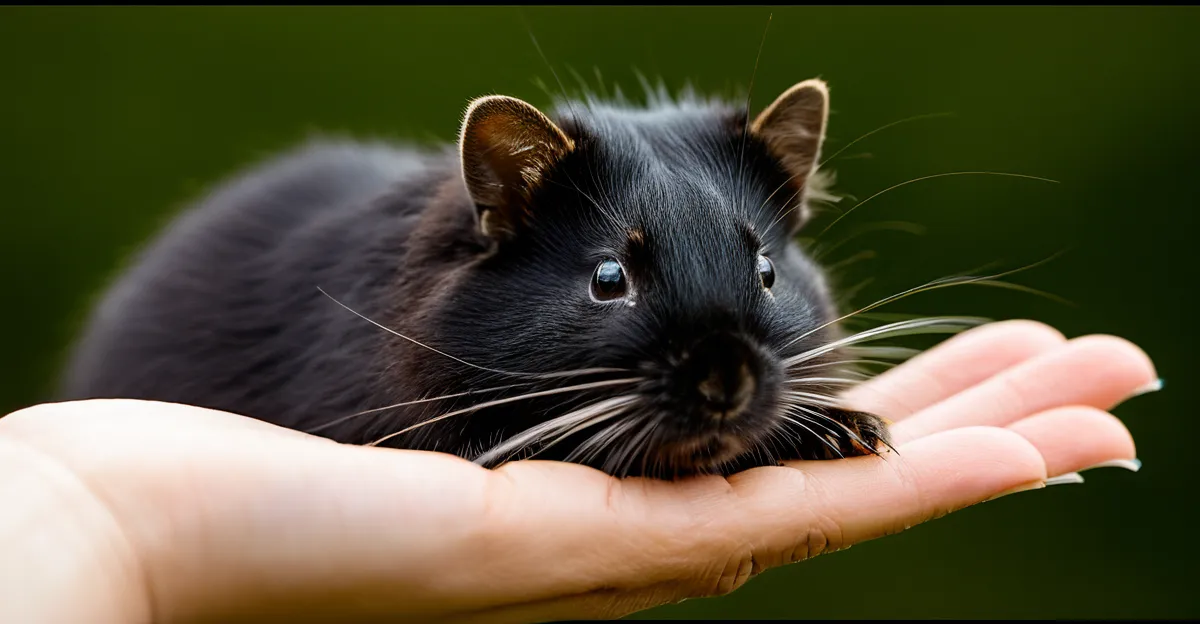Overview of Uncommon Pet Laws in the UK
Uncommon UK pet laws sometimes surprise pet owners with their specificity and strictness, reflecting concerns beyond everyday pet care. These pet ownership regulations include rare or unexpected rules affecting animals that many might not consider — from licensing exotic creatures to breed-specific restrictions. Understanding these laws is crucial for responsible owners, safeguarding both pets and the public.
One example is legislation designed to control dangerous animals, such as certain exotic species, which often require special permits. Other unusual laws mandate microchipping cats, a rule that was introduced more recently compared to dogs. These rules result from efforts to prevent animal abandonment, ensure traceability, and maintain public safety. Several UK regulations also reflect historical contexts or public health priorities.
In parallel : How Can UK Pet Owners Make Their Gardens Safe for Pets?
The importance of such laws lies in their role in promoting animal welfare while limiting risks related to unfamiliar or hazardous pets. Compliance supports both legal protection for owners and the well-being of their animals.
For those needing reliable information on these uncommon pet laws, official government publications and recognized animal welfare charities serve as trusted sources. They provide access to up-to-date legislation and practical guidance, helping owners navigate unique pet ownership regulations with confidence. Familiarity with these resources empowers owners to meet legal obligations and enjoy a safe, rewarding pet-owning experience.
Also read : What Are the Unusual Habits of Pets in the UK?
Exotic and Non-Traditional Pet Restrictions
Uncommon exotic pets UK law heavily regulates ownership of certain animals considered dangerous or potentially harmful. The cornerstone of this regulation is the Dangerous Wild Animals Act, which mandates licensing for keeping specific species, including primates, large reptiles, and venomous snakes. This law aims to protect public safety and animal welfare by controlling the possession of animals that could pose significant risks if not properly managed.
Owners wishing to keep animals listed under the Dangerous Wild Animals Act must apply for a licence through their local council. The application process involves submitting detailed information about the animal’s accommodation, care arrangements, and the owner’s competency to ensure safe containment. Licences are granted only if the conditions meet strict standards, reflecting the importance of preventing escapes or harm to people and other animals. Notably, some species are outright banned due to their high risk.
Understanding these licensing requirements is crucial for anyone considering an exotic pet, as failure to comply can lead to legal penalties. The regulations emphasize not just possession but responsible ownership, emphasizing secure housing and ongoing welfare checks. These legal frameworks illustrate the balance between permitting ownership of less traditional pets and maintaining public and environmental safety.
Unusual Requirements for Traditional Pets
Rarely discussed but increasingly significant, cat microchipping UK law mandates microchipping for all cats, a requirement that differs from dogs primarily in its recent introduction and local enforcement nuances. Unlike the longstanding obligation for dogs, cat microchipping became compulsory to enhance traceability, prevent abandonment, and improve animal welfare monitoring. Owners must ensure cats are microchipped by a specified age, usually 8 to 10 weeks, with certain local councils enforcing timely registration, reflecting the importance of early compliance.
In addition to microchipping, specific pet registration laws vary between councils, sometimes imposing additional rules on traditional pets, including certain dog breeds. These unusual dog laws can restrict ownership of breeds deemed dangerous or require additional behavioural controls, such as muzzling or leash mandates in public spaces. Local ordinances may also regulate pet activities considered offences, like unrestricted dog roaming or noise disturbances, emphasizing community safety alongside animal welfare.
Together, these laws strengthen the framework of pet ownership regulations by addressing risks through preventative measures like identification and control. For owners, understanding both the mandatory cat microchipping UK rules and the patchwork of local requirements ensures responsible pet stewardship, legal compliance, and contributes to safer interactions between pets and the wider community.
Special Provisions for Unconventional Pets
Uncommon pet ownership regulations in the UK extend beyond common domestic animals, covering species such as ferrets, pet rodents, rabbits, reptiles, amphibians, and invertebrates. These unusual pet laws respond to the unique care requirements, welfare concerns, and potential public health risks associated with these less traditional pets.
Ferret ownership UK law exemplifies how specific animals are subject to tailored rules. While ferrets are legal to keep in the UK, owners must comply with welfare standards that address their diet, exercise, and housing needs. These regulations aim to prevent neglect and ensure the animals thrive in domestic settings.
Pet rodent laws focus on species like guinea pigs, hamsters, and gerbils, generally allowing ownership but mandating proper care environments. Rabbits, often kept as pets, fall under similar welfare guidelines to ensure humane treatment, particularly given their social nature and susceptibility to stress.
Reptiles and amphibians are regulated under specific guidelines concerning temperature, habitat, and feeding, reflecting their specialized care. These laws intend to avoid health issues tied to inadequate living conditions, which may otherwise lead to suffering. Invertebrate pet regulations, though less prominent, restrict certain species to prevent ecological disruption or zoonotic risks.
Quarantine and import rules also affect many unconventional pets, aiming to reduce the risk of disease transmission. These controls require that owners adhere to procedures for animals brought into the UK, including health certificates and sometimes isolation periods.
Together, these pet ownership regulations highlight the comprehensive approach taken to balance the interests of animal welfare, owner responsibility, and public safety in the realm of exotic and unconventional pets.
Responsible Ownership and Compliance
Complying with pet ownership responsibilities UK law is essential for owners navigating uncommon pet legislation. These responsibilities encompass proper housing, welfare standards, and secure containment to safeguard both animals and the public. For instance, owners of exotic or rare pets must ensure enclosures meet strict conditions that prevent escapes and promote wellbeing, reflecting legal obligations tied to animal care and community safety.
To achieve legal compliance for rare pets, owners should actively seek current guidance, as regulations can vary locally and nationally. Official information is available through government agencies such as DEFRA and local authorities, which oversee enforcement and provide licensing for certain animals. Animal welfare charities also play a supportive role by offering educational resources and advice tailored to unusual pets.
Knowing where to find pet laws UK information is key to fulfilling these duties. Reliable sources include government websites detailing legislation and specific animal care requirements. Local councils often publish additional rules that affect pet ownership in their areas. Consulting these sources enables owners to stay informed on their legal responsibilities, helping to avoid penalties and ensure the health and safety of their pets and communities.






